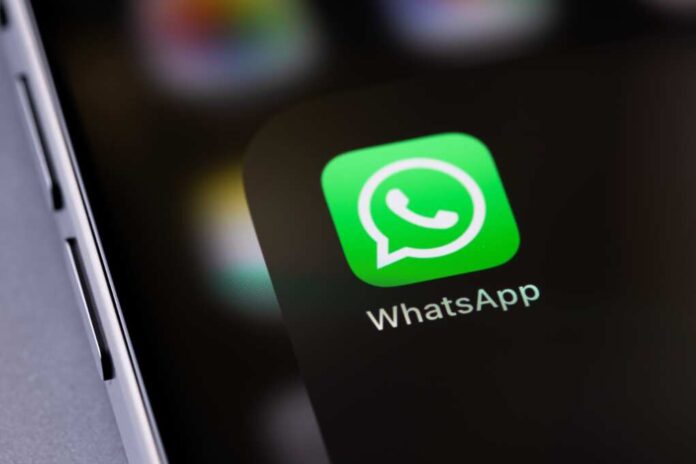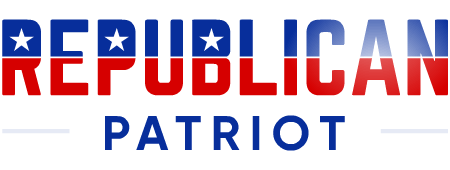
A British couple’s arrest over school-related WhatsApp messages has ignited backlash, prompting a police review and raising new questions about free speech and public accountability.
AT A GLANCE
- Maxie Allen and Rosalind Levine were arrested for WhatsApp complaints about school hiring.
- Six police officers detained the couple for 11 hours before all charges were dropped.
- Hertfordshire Police admitted the response may have been excessive.
- Officials and parents are debating digital civility vs. free expression.
- A formal review is underway into the use of police resources in civil disputes.
Parents Arrested After School Hiring Criticism
The arrests of Maxie Allen and Rosalind Levine have triggered national debate in the UK after the couple was detained for expressing concerns over a head teacher recruitment at Cowley Hill Primary School. Their comments, made in a WhatsApp group of school parents, led to an 11-hour police detention for alleged harassment and nuisance. No charges were filed, and BBC News later confirmed the investigation found no evidence of criminal behavior.
The school alleged the couple’s repeated communications created an atmosphere of intimidation, prompting a ban from the premises. Yet critics argue the police reaction was disproportionate, with The Sun reporting that six officers were dispatched to arrest them at home in front of their children.
Watch Maxie Allen’s video detailing the couple’s arrest and their original messages.
Police and Political Response Sparks Review
Hertfordshire’s temporary chief constable, Andy Prophet, acknowledged the arrest was an overreaction. “With hindsight, a conversation may well have been a better first response,” he told the press. Jonathan Ash-Edwards, Hertfordshire’s Police and Crime Commissioner, echoed this sentiment, calling the incident a “breakdown in relationships that shouldn’t have become a police matter.”
“There has clearly been a fundamental breakdown in relationships between a school and parents that shouldn’t have become a police matter,” Ash-Edwards told the BBC. He emphasized the need for restraint: “The public should be able to express their views without worrying they’ll get a knock at the door from the police.”
Free Speech, Digital Etiquette, and Public Institutions
The controversy touches on the delicate balance between free speech and civil discourse in digital spaces. While Cowley Hill Primary reiterated that they welcome parental input, a spokesperson urged that concerns “be raised in a suitable way, and in line with the school’s published complaints procedure,” as reported by The Sun.
Allen has described the experience as “dystopian,” arguing that the arrest was a silencing tactic rather than a legitimate enforcement of the law. The situation has galvanized online debates about censorship, over-policing, and the boundaries of lawful dissent in community settings.
Another video titled “No free speech: UK man arrested over WhatsApp message” further explores the implications for civil liberties and parental rights in public education.
A formal review is now underway to determine whether Hertfordshire Police’s deployment of officers and resources was justified, and whether clearer guidelines are needed for handling non-violent, digital-era disputes. As scrutiny intensifies, Allen and Levine maintain that their original intent was to advocate for transparency and fairness—raising questions about when civic engagement crosses a legal line.




















